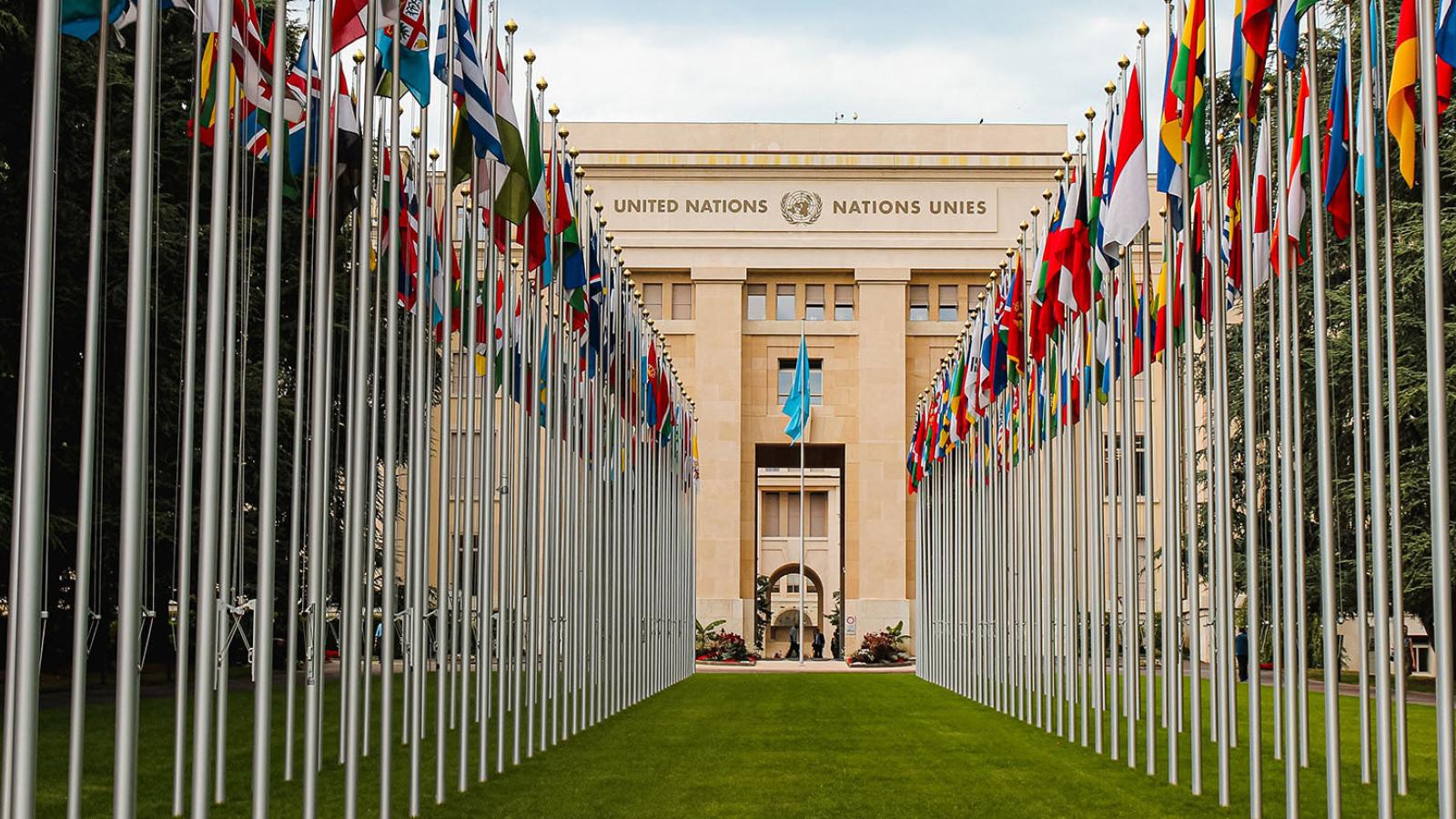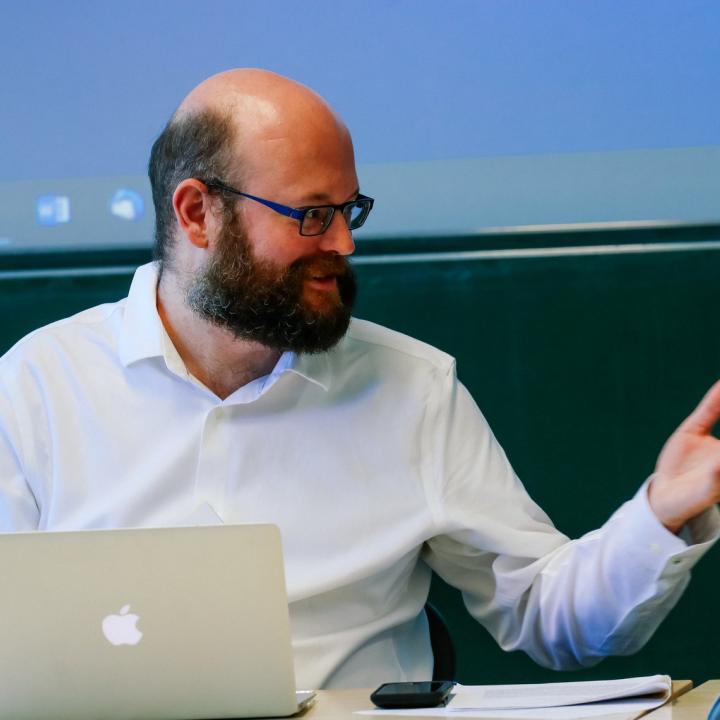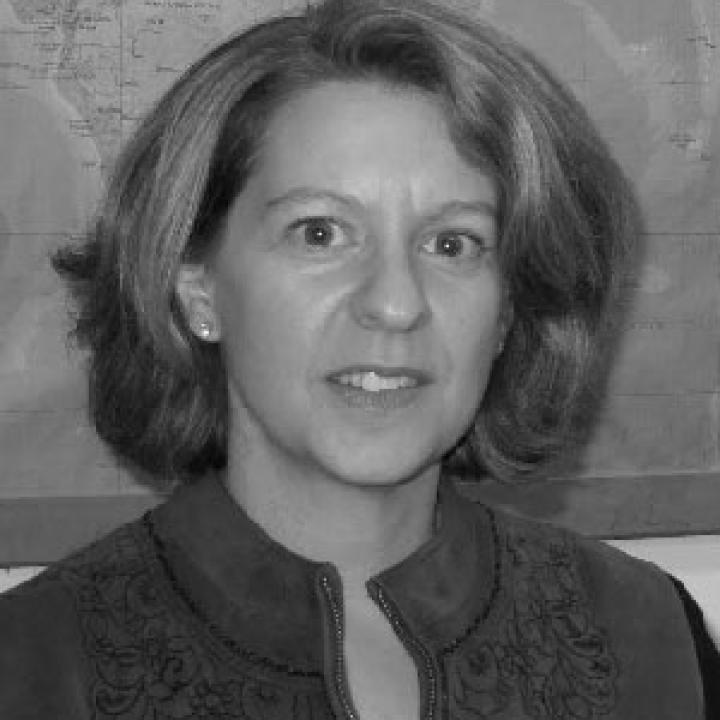
International Relations and Global Studies
The Bachelor of Arts in International Relations and Global Studies prepares you for global citizenship through an interdisciplinary course of study. You will take courses in political science and choose a focus area based on your interests.
This major emphasizes real-world problems and issues, incorporates experiential learning, and provides students with tools like critical thinking, quantitative and qualitative analysis, and foreign language skills.
The program is
- 120 credits
- available on the New York City and Pleasantville campuses
Who is this program for?
If you are interested in international relations, and global cultures and dynamics, and want to be involved in international affairs, this program is for you.
A Three-Pronged Approach
As an interdisciplinary major, requirements include three groups of courses:
- required courses in political science;
- electives in political science and other fields like history, economics, peace and justice, and others;
- and a minor in any of the following programs: history, economics, environmental studies, modern languages, global Asia, Latin American studies, peace and justice, diplomacy, non-profit studies, and women’s and gender studies.
Meeting Today's Need for a Global Mindset
The BA in International Relations and Global Studies investigates how the world works, and the way politics, history, culture and economics affect the global system. Students will develop a global mindset and skills to meet the needs of the twenty-first century workplace.
You will gain the tools you need to analyze trends in a complex global world by analyzing dilemmas such as why sometimes countries go to war, and when they are able to forge peace; what is the relationship between wealthy countries and poorer ones? How do we create a just society? You will bring empirical questions and those of justice together, examining how institutions work to promote peace, security, prosperity and economic relations, as well as how such institutions may need reform.
Experiential Learning
You will have an opportunity to gain practical, resume-building experiences through participation in the award-winning Model United Nations team (either as a class for credit, or as a co-curricular activity), as well as internships at the UN and affiliated non-governmental organizations, government agencies, and think tanks.
Classes with Experiential Elements
- POL 297L Global Politics of Disarmament and Arms Control: students visit the United Nations to sit in on meetings and engage in discussions around disarmament
- POL 303A & C Workshop on International Organization: these are our Model UN courses where students prepare for participating in Model UN conferences in Washington, DC and NYC
- POL 219 International Political Economy: students complete projects with community partners on water sanitation projects in Ethiopia or human trafficking in Southeast Asia
Our Esteemed Faculty
The faculty of the Political Science department includes nationally and internationally recognized scholars who are also engaging teachers and activists. Their scholarship is evidenced by their numerous books, monographs, global awards, and articles published in journals, newspapers, and periodicals intended for general audiences. The department’s faculty members also present their research at international, national, and regional conferences.
Skills and Employment
Upon graduating, you will:
- demonstrate substantive interdisciplinary knowledge of political, economic, social, cultural, and historical factors influencing international affairs;
- display in-depth understanding of an important subfield related to international relations (through a field of concentration);
- and conduct theoretically informed and empirically based analysis of real-world conditions and events and persuasively present the results in written and oral forms.
You will also emerge prepared to enter a wide range of professions after graduation including
- foreign service
- international NGOs and advocacy organizations
- government agencies
- international business
- international journalism
- law
- research
In addition, many graduates can go on to graduate school, or careers in higher education, education, multinational corporations, and financial institutions.
Program Contacts
Global Studies Major Coordinator
Department Chairperson

